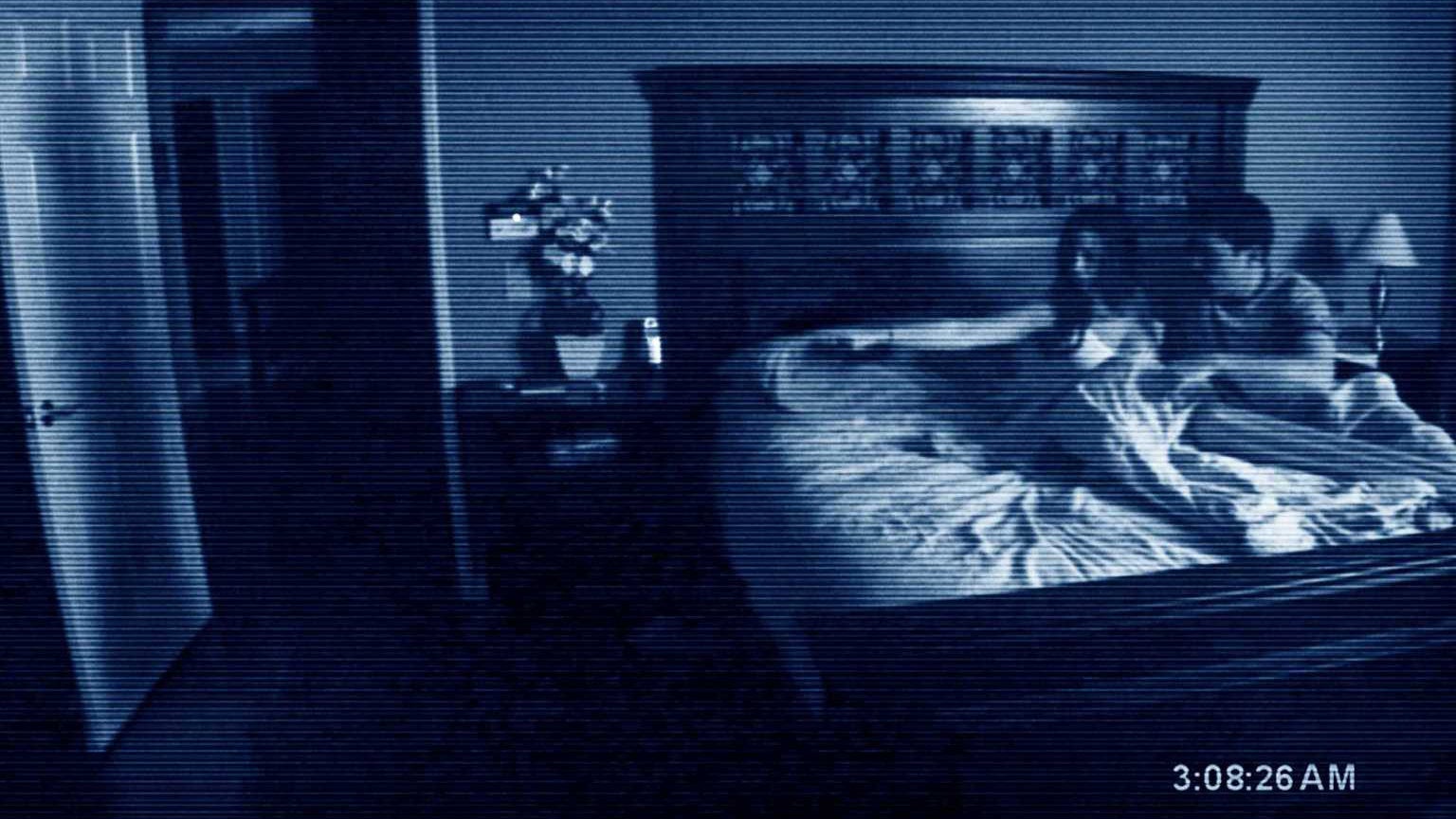It’s time for Hollywood to get serious about keeping movie scripts secure
My first hit in Hollywood was “Paranormal Activity,” a horror film in which the two main characters set up cameras in their home to investigate a supernatural entity that’s haunting them. It used the “found footage” format to tell the story.

My first hit in Hollywood was “Paranormal Activity,” a horror film in which the two main characters set up cameras in their home to investigate a supernatural entity that’s haunting them. It used the “found footage” format to tell the story.
As a screenwriter/producer/director, I find a different sort of “found” information terrifying: the kind that leaks because someone shared a script or treatment when they shouldn’t have.
Los Angeles can be a secretive city. No one wants the competition to know which films they’re considering for production, which actress they’re wooing for a leading role or which screenplay could be the next blockbuster. And yet despite all of these reasons for secrecy, the movie-making community has a major data leak problem. I’ve had information regarding my own projects leak, and we constantly see this happen with other projects, more recently when the script for a movie about WikiLeaks was leaked, ironically, by WikiLeaks.
A copy of the “The Fifth Estate” screenplay hit the internet in mid-September, about a month before the drama about Julian Assange’s organization was scheduled for release. This is hardly an unusual occurrence. Earlier this year, someone stole a “Breaking Bad” script, and yet another person leaked the screenplay for the “Entourage” movie. Last year, data loss included scripts for “Twilight: Eclipse,” “Thor” and the Academy Awards broadcast.
When potential movie goers, TV fans and reviewers get an all-access, unsanctioned preview of a script, it can hurt the bottom line and it makes script owners look bad. Why is it so hard to protect creative work? In part, it’s because so many producers, directors and screenwriters fail to adopt adequate protections for their valuable property. It’s still commonplace to send hard copies of screenplays and treatments by courier. Some in Hollywood even trust their intellectual property to email or consumer cloud-based file-sharing services. These approaches make it so easy for recipients to forward, copy and share scripts that it’s a wonder it doesn’t happen more often. Even when scripts are shared in sections to prevent one person from having access to the whole story, it can easily be pieced together if someone gets their hands on multiple versions.
In 2011, I decided there had to be a technology solution to this problem. I came across a secure file-sharing platform called WatchDox, which allows me to share scripts-in-progress and collaborate with other people without giving up control. My investors, crew and cast can read, annotate and collaborate on my scripts on any device–desktop computers, laptops, iPads or smartphones. At the same time, I get the power to restrict them from forwarding, copying or printing these files. I can choose to have watermarks automatically added to every page, and I can remotely wipe access to my intellectual property whenever I choose.
Hollywood has made amazing technological advances in filmmaking. Given the industry’s use of computer generated imaging (CGI), 3-D and other technology, it’s time we discovered a more secure way to share our property. Technology-based solutions that protect the scripts should be at the heart of our industry.